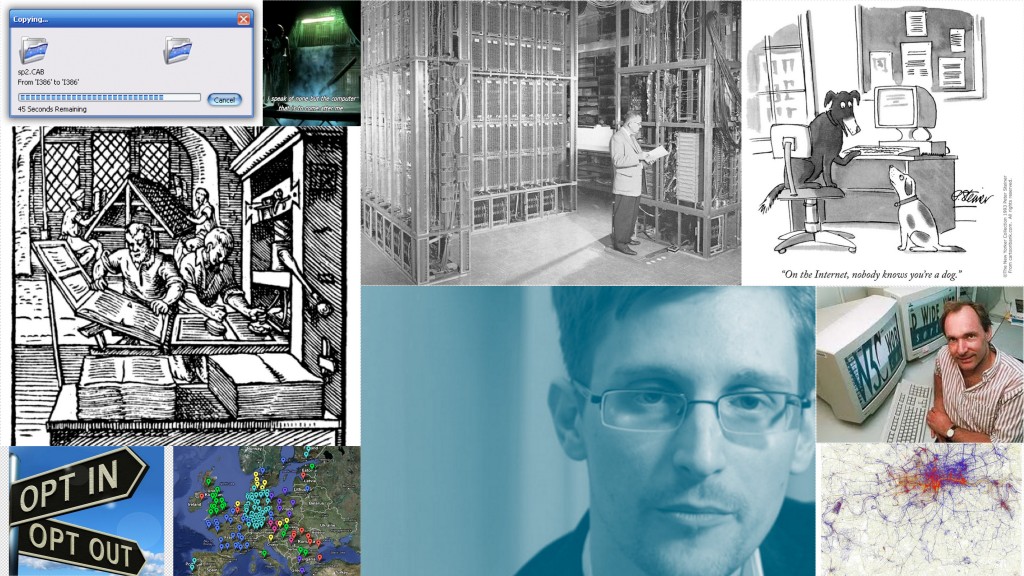Internet law teaching, lectures, courses

By Emily Taylor
Emily Taylor offers Internet law teaching and lecturing services for graduate students, regulators, and professionals interested in learning more about the Internet.
Emily Taylor currently runs a compact seminar course on Internet law at the college of Europe. This covers the history of the Internet, legislative adaptations to suit the nature of the Internet, data protection, copyright, and Internet governance. She has been developing this course for two years, doing in depth research to make sure it is up to date and informative. This was run at the College of Europe in Bruges (2013 and 2014). The course will also be run at Scuola Superiore Sant’Anna di Pisa in 2014. Other Internet law teaching includes a contribution to the InterConnect Communications Internet Governance masterclass, a 3.5 day residential course held in Bath in 2014.
The compact seminar on Internet law and governance broadly covers four main subject areas:
Internet law teaching, an outline
The nature of the Internet:
Emily focuses on the historical development of the Internet, in order to show how its open source nature has come about. By exploring the challenges that scientists faced creating it, she gives an understanding of why the Internet poses many problems for governing bodies attempting to regulate it. The three primary issues being that the Internet has no central control, it is not optimised for any individual application, and that it relies on trust between users. The section explores how each of these characteristics has become eroded in recent times, and the consequences for the open network, law and policy making.
Difficulties faced governing the Internet:
Building on the ground work of Internet development, Emily then goes onto explore case studies of situations where the nature of the Internet has created issues for governing bodies. Anyone with a legal background will be aware that more “tangible” laws (such as the criminal justice system) can only be carried out within national or regional jurisdictions. Emily discusses solutions that are appropriate for governing the Internet.
Data protection and copyright:
A balance must be struck between the benefits to society and individuals through open access to information, and the necessity to provide incentives to content creators to protect and monetise their creativity. Internet law teaching may focus on a new technology, but throughout history tensions have been felt between technology and the market power of incumbents. The first recorded dispute came hundreds of years before the advent of the printing press, when a disagreement between two Irish monks about the ownership of a secret copy of an ecclesiastical manuscript turned into a real battle in which many were killed! The section covers the basics of copyright law, reviews how the Internet is challenging the existing framework, and the success (or otherwise) or relying on technical measures to police copyright infringement.
Privacy and surveillance:
A major topic for Internet law teaching is the difficulty of balancing individuals’ rights to privacy with the interests of the state (and individuals) for security. Even before the Snowden revelations of mass surveillance, this has been a challenging area and one rich in legislation – from EU data protection to data retention, spam to cookies. The section looks at Google Street view across multiple jurisdictions, and looks at the benefits and challenges of big data, the detail of Snowden’s allegations of mass surveillance, and early legislative responses on both sides of the Atlantic.
Internet governance:
Finally, Emily talks about the development of governing systems implemented to regulate the Internet. She looks at some proposals for different methods of online interferences, and how some have been strongly opposed by many Internet users. She postulates the future of the Internet, and what might be achievable as regulatory interventions that everyone is happy with.
Internet law teaching: an interactive approach
There is certainly a lot of ground to cover in any Internet law teaching course, and this is complemented with interactive exercises which enable students to explore the issues through discussion and role play.


